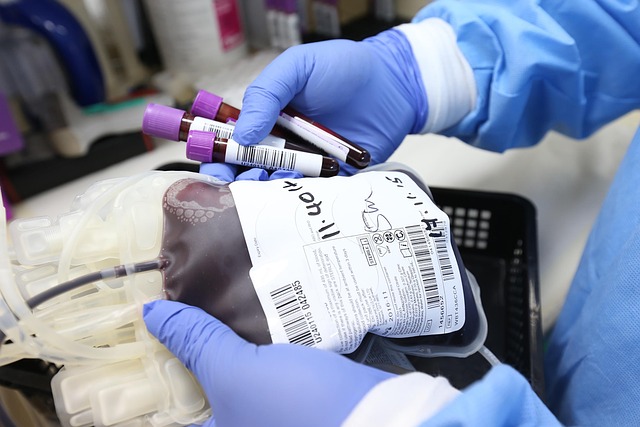Key Early Signs of Sepsis Everyone Should Be Aware Of
Sepsis is a life-threatening medical emergency that occurs when the body's response to infection causes injury to its own tissues and organs. Recognizing the early signs of sepsis can be crucial for survival, as prompt medical treatment significantly improves outcomes. Understanding these warning signs is essential for everyone, particularly those caring for vulnerable individuals like the elderly, young children, or those with compromised immune systems.

What is Sepsis and Why is Early Detection Critical?
Sepsis develops when an infection triggers a chain reaction throughout the body. This condition can progress rapidly and requires immediate medical attention. Early detection and treatment are vital because sepsis can quickly lead to tissue damage, organ failure, and death if left untreated. The condition can arise from any infection, including seemingly minor ones like urinary tract infections or skin infections.
What Are the Most Common Early Signs of Sepsis?
Healthcare professionals use a simple acronym called TIME to identify the early signs of sepsis:
-
Temperature: Higher or lower than normal
-
Infection: Signs and symptoms of an infection
-
Mental decline: Confused, sleepy, or difficult to rouse
-
Extremely ill: Severe pain or discomfort, feeling like you might die
How Does Sepsis Affect Different Body Systems?
The signs and symptoms of sepsis can manifest throughout various body systems:
-
Cardiovascular: Rapid heart rate, low blood pressure
-
Respiratory: Fast breathing, shortness of breath
-
Neurological: Confusion, disorientation, drowsiness
-
Skin: Pale or mottled skin, cold extremities
-
Urinary: Decreased urine output
-
Digestive: Nausea, vomiting, severe diarrhea
Which Groups Are at Higher Risk for Sepsis?
Certain populations have an increased risk of developing sepsis:
-
Adults over 65
-
Children under 1 year
-
People with chronic medical conditions
-
Those with weakened immune systems
-
Recent surgery or hospital patients
-
Individuals with wounds or invasive devices
What Should You Do If You Suspect Sepsis?
If you observe potential signs of sepsis, take immediate action:
-
Seek emergency medical care immediately
-
Mention your concern about sepsis specifically
-
Document when symptoms began
-
Bring a list of current medications
-
Share recent infection history with healthcare providers
When Should You Consider Professional Medical Evaluation?
Any combination of these symptoms warrants immediate medical attention:
-
Shivering, fever, or feeling very cold
-
Extreme pain or general discomfort
-
Clammy or sweaty skin
-
Confusion or disorientation
-
Shortness of breath
-
High heart rate
Remember that sepsis symptoms can appear gradually or suddenly. The key is not to wait and see if symptoms improve but to seek immediate medical care if you suspect sepsis.
This article is for informational purposes only and should not be considered medical advice. Please consult a qualified healthcare professional for personalized guidance and treatment.




